Daniel Stern, the actor famous for making generations of viewers laugh through his role as Marv, the clumsy burglar fromHome Alone, surprised his fans by revealing how he skillfully negotiated a special clause in his contract that led to him earning millions in royalties.
It’s a well-known fact that the first film became an international phenomenon soon after its release in 1990. Thirsting for a sequel, 20th Century Studios approached the actor to reprise his role for Home Alone 2: Lost in New York.
- Daniel Stern negotiated a clause in Home Alone 2 contract that earned him millions in royalties.
- Stern's contract gave him 1% of the movie's gross profits plus a $1.5 million salary.
- Home Alone 2 grossed $359 million worldwide, boosting Stern's earnings significantly.
- Stern now works as a sculptor on a farm, using royalties to pursue his passion.
While initially excited about the opportunity, Stern soon discovered that his co-stars, from Joe Pesci to Macaulay Culkin, were all set to make considerably more than him. Believing he deserved a better deal, the actor fired his agent and took matters into his own hands.
“I knew they couldn’t make the movie without me,” Stern said. “I didn’t want to be too greedy when I loved the movie and the part so much.”
Daniel Stern, the actor behind Home Alone’s burglar Marv, revealed how he negotiated a lucrative clause into his contract that made him millions
Image credits: 20th Century Studios
The decision to fire his agent was not taken lightly, as they had negotiated a much lesser payout when compared to Pesci, who was reportedly set to make $3 million, and Culkin, who, as the main star, was offered $5 million plus five percent of the film’s gross earnings.
After negotiating on his own, Stern asked for an increase in his salary to $1.5 million, but more importantly, he pushed for a clause that would give him two percent of the movie’s gross profits.
Image credits: 20th Century Studios
Conversations dragged on, with the studio reportedly asking the actor to start filming without a finalized contract. Stern, however, remained firm and both parties eventually settled on a one percent royalty clause plus the aforementioned increased salary.
While Stern did not publicly disclose the exact amount of money he earned throughout the years, the film’s massive box office all but made sure the royalties amounted to millions of dollars over time.
The sequel to Home Alone was a massive box-office success, earning more than $350 million globally
Image credits: realdanielstern
Home Alone 2: Lost in New York was a major hit both domestically and internationally. According to official data, in the United States and Canada, the film grossed approximately $173.6 million.
Internationally, the movie earned $185.3 million, bringing the global total to around $359 million.
If the one percent clause is taken at face value, it’s possible to calculate Stern’s earnings to have resulted in a total of $3,590,000 over the years. This number, however, is merely speculative, as the actor hasn’t officially confirmed any amount.
View this post on Instagram
Despite its financial success, Home Alone 2 experienced considerable backlash from critics, holding a mere 35 percent approval rating on the aggregate site Rotten Tomatoes.
Negative reviews considered the movie to be lacking in originality, merely retreading the first film’s formula but offering very little in return. “Plays like an over-elaborate parody of the first film, reminding us why we enjoyed it without being able to duplicate its appeal,” one review read.
Others pointed out that the tricks played by Culkin’s character were off-putting, as they had increased in their violence. “The pleasures here are entirely cruel, with an unhealthy concentration on the suffering of the victims,” another critic wrote.
The actor now lives on a farm and works as a sculptor, specializing in bronze statues for gardens and living rooms
Image credits: 20th Century Studios
The actor also shared how the film’s royalties have allowed him to pursue other avenues in life without financial pressures. He surprised his followers by revealing his passion for sculpting in a TikTok video that garnered over 2.1 million views.
Stern shared a glimpse of his new life on a farm away from Hollywood, in which he spends his days growing tangerines, raising cattle, and exploring his artistic talents as a sculptor.
Image credits: 20th Century Studios
A similar clip shows him working on a piece called Dancer On A Chair, depicting a woman in a sequined dress striking a graceful pose. The actor went into detail about spending a lot of time making sure the clay dress was perfect, joking about his work being the result of “OCD behavior.”
Fans of the actor can check out his official website, on which he proudly displays his works of art in a variety of materials.
His method involves creating an original sketch, modeling it with clay, creating a supporting armature, making a mold, using a kiln to remove the material from said mold, pouring bronze into the mold, and finally, cooling, cleaning, and removing the shell to reveal the sculpture inside.
Stern can charge up to $35,000 for a custom-made piece, with his service including a face-time call to discuss customization options.
Netizens took the chance to congratulate the actor for securing his royalties, and thanked him for the years of entertainment he provided through his role in Home Alone
Image credits: realdanielstern
“Mr.Stern, let me just say you have given me such good holiday memories and I continue it with my children,” one fan wrote.
“I had no idea that Daniel Stern did sculpture. That’s awesome!” another said.
“Damn Marv, you’re multi-talented! Now we are the clay bandits!” a viewer joked.
“Stern was a huge contributor to the movie’s success. I’m glad he got paid close to what others got paid!”
“Earned it!” Netizens thanked the actor for bringing joy to their holidays and congratulated him on his new career path
Poll Question
Thanks! Check out the results:
Explore more of these tags
Whether you liked the sequel or not, doesn't matter. It was made. And Stern was clever to negotiate a deal that wasn't just a one-time paycheck. So many actors in the '50s, '60s, even the '70s, only got paid what they got paid at the time, with no royalties later on despite the program being picked up in syndication, despite action figures being made with her likenesses, things like that... So many stars of older sci-fi are seen at comic cons making a little money for appearance fees and charging per signature because they don't make any money in residuals because that's not the way the contracts were set up at the time.
Aren't residuals a fairly common practice in the movie industry? It allows the actor (or the director, etc) to get paid more if the movie is a big success, while it also protects the studio/producers from potentially losing (as much) money if the film is a flop.
Generally only for big name stars. Note too that he was sharp enough to make it for a percentage of the gross revenue rather than the profits. Studios are well known (now) for having magical accounting methods, whereby a movie that takes in a billion dollars in ticket sales somehow remains "unprofitable".
Load More Replies...Whether you liked the sequel or not, doesn't matter. It was made. And Stern was clever to negotiate a deal that wasn't just a one-time paycheck. So many actors in the '50s, '60s, even the '70s, only got paid what they got paid at the time, with no royalties later on despite the program being picked up in syndication, despite action figures being made with her likenesses, things like that... So many stars of older sci-fi are seen at comic cons making a little money for appearance fees and charging per signature because they don't make any money in residuals because that's not the way the contracts were set up at the time.
Aren't residuals a fairly common practice in the movie industry? It allows the actor (or the director, etc) to get paid more if the movie is a big success, while it also protects the studio/producers from potentially losing (as much) money if the film is a flop.
Generally only for big name stars. Note too that he was sharp enough to make it for a percentage of the gross revenue rather than the profits. Studios are well known (now) for having magical accounting methods, whereby a movie that takes in a billion dollars in ticket sales somehow remains "unprofitable".
Load More Replies...
 Dark Mode
Dark Mode 

 No fees, cancel anytime
No fees, cancel anytime 






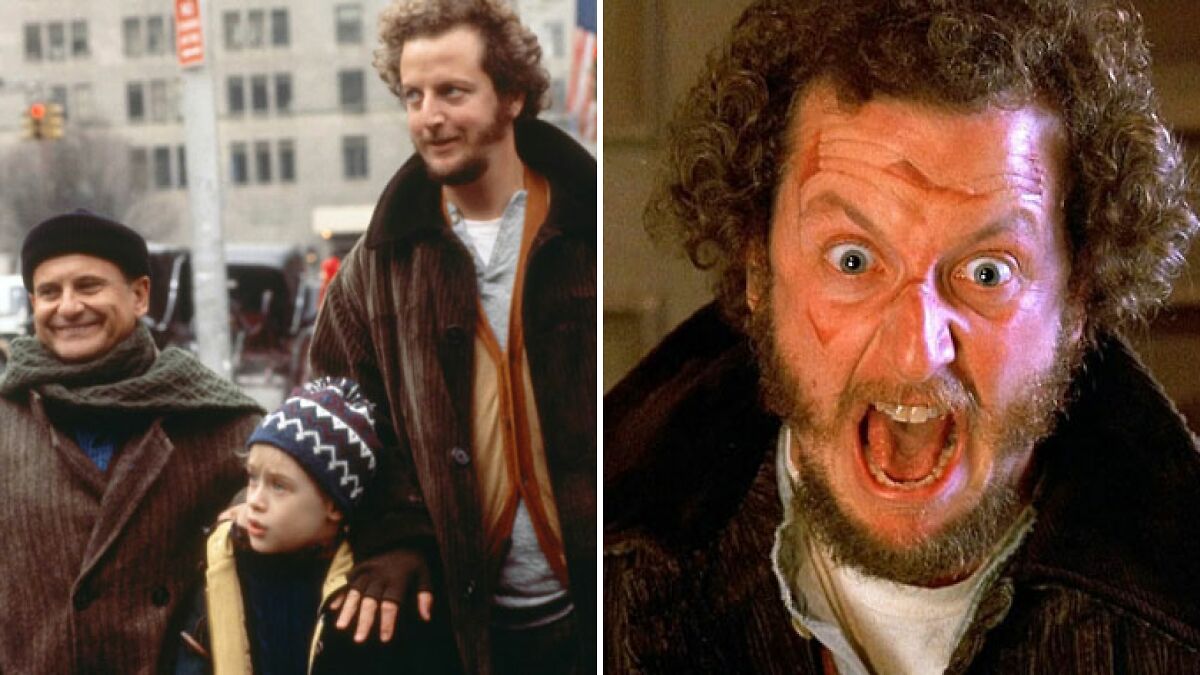
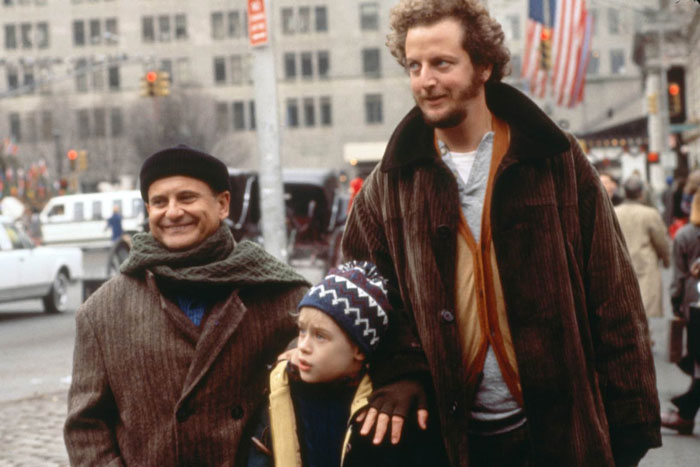
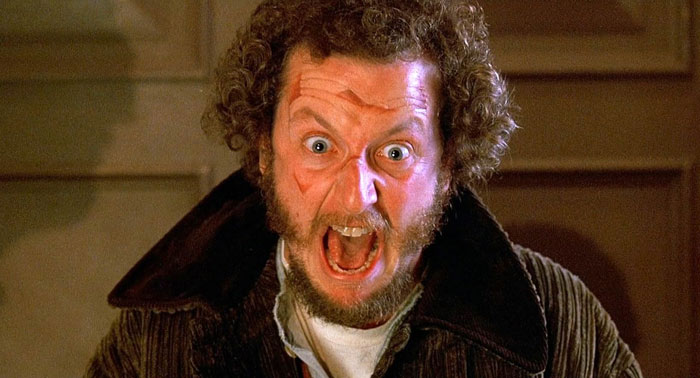
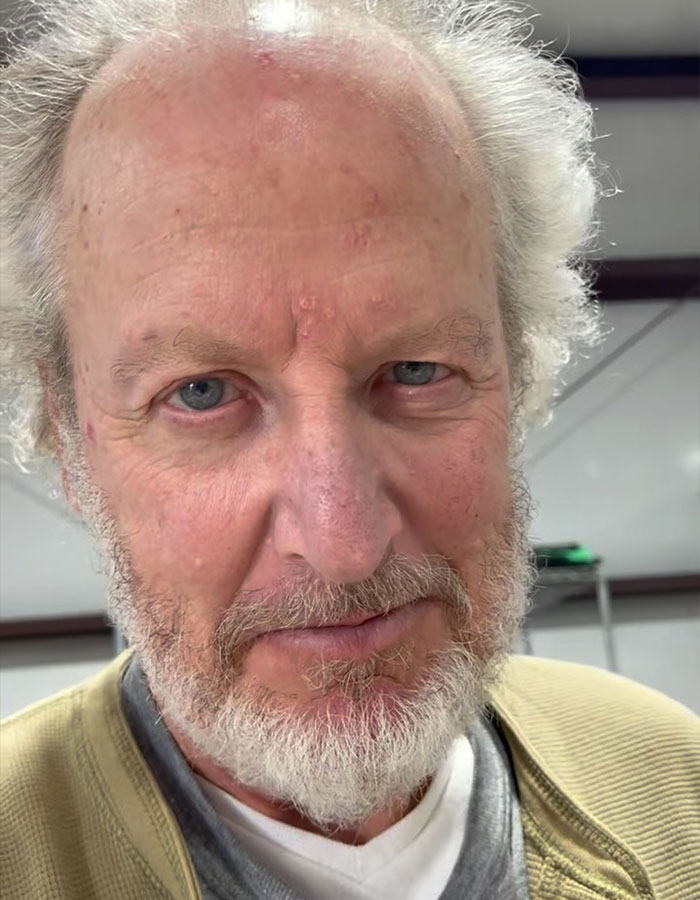
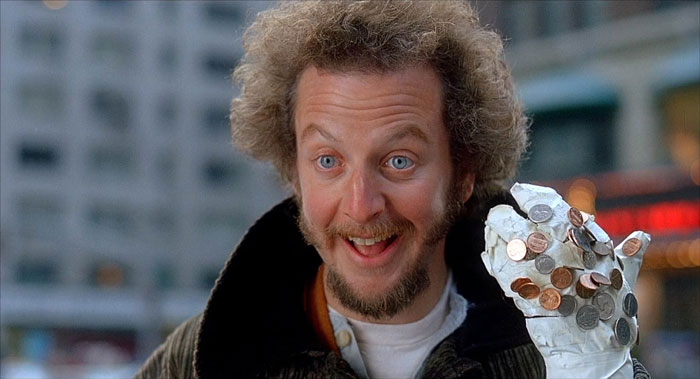
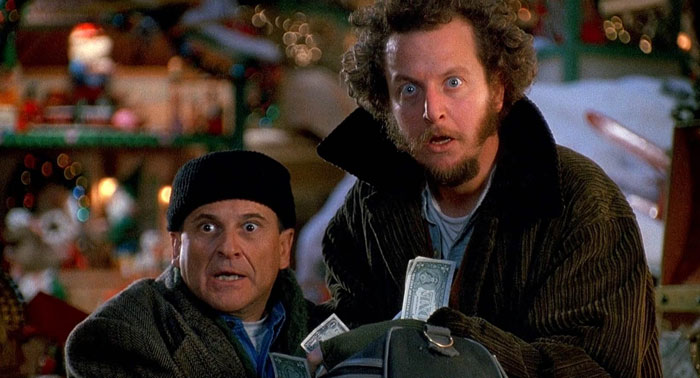






















































34
9